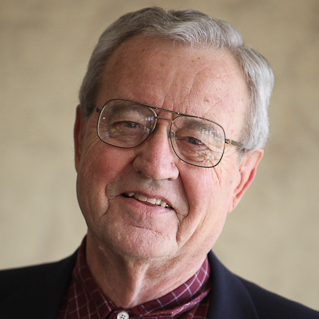
Call for Papers: 2024 EPS at AAR/SBL
April 06, 2024
 Dallas Willard was Professor of Philosophy at the University of Southern California from 1965-2012. He passed away in March 2013 as a result of pancreatic cancer.
Dallas Willard was Professor of Philosophy at the University of Southern California from 1965-2012. He passed away in March 2013 as a result of pancreatic cancer.
Willard taught and wrote on a variety of topics, including phenomenology, epistemology, metaphysics, ethics, the history of philosophy, and philosophy of religion, with the express intention of acquiring clearly articulable knowledge concerning topics of ultimate human importance. For Willard, careful investigations into the nature of being, knowledge, the human person, and the good life were the philosopher’s principal tasks, and his own work is brimming with insights on these topics. Those insights informed not only Willard’s thought but his life. To his many students and colleagues, to whom he generously devoted his time and attention, Willard exemplifies philosophical and personal excellence. He was equally dedicated to conforming his thoughts and actions to the objective order of “the things themselves” as he was to the intellectual and personal wellbeing of those whose lives he touched.
To commemorate his life and work, we will hold a conference in his honor on November 6-7, 2015 at Boston University.
All talks are free and open to the public. Please register here.
Locations:
Speakers: R. Douglas Geivett, Brian Glenney, Walter Hopp, Burt Hopkins, Greg Jesson, David Kasmier, J.P. Moreland, Aaron Preston, Steve Porter, Erin Seeba, Brendan Sweetman, Gregg Ten Elshoff.
For more information, please visit willardconference.com. For questions, please direct them to Walter Hopp [hopp@bu.edu; (617) 358-3620].
© 2024 Evangelical Philosophical Society. All Rights Reserved.